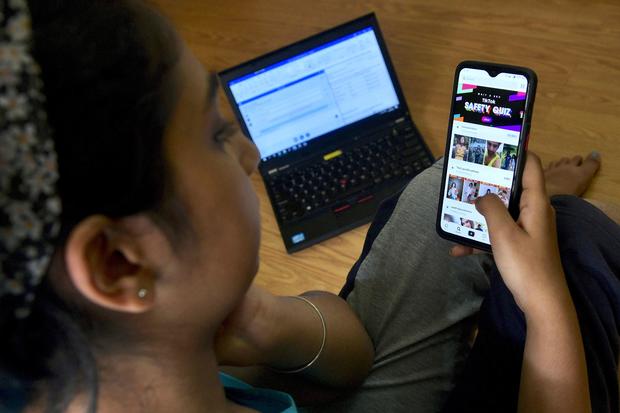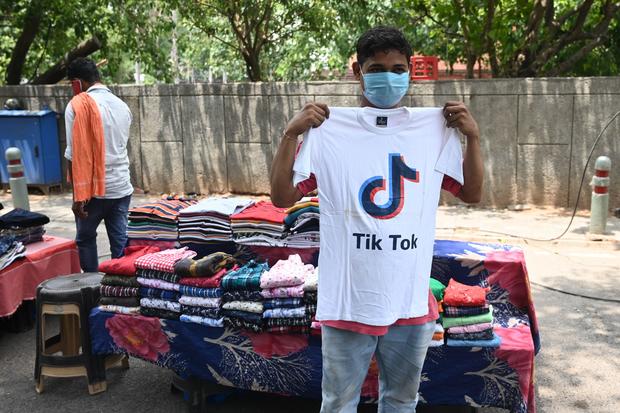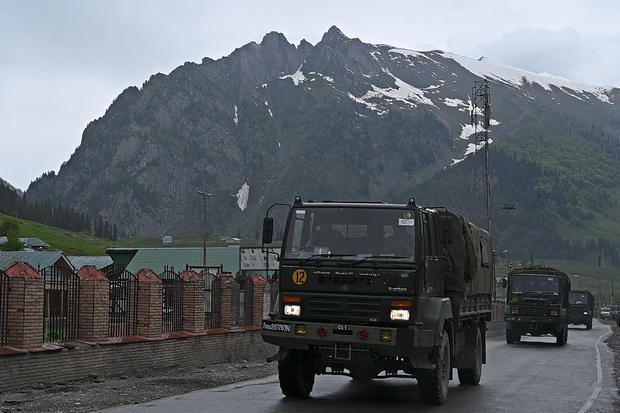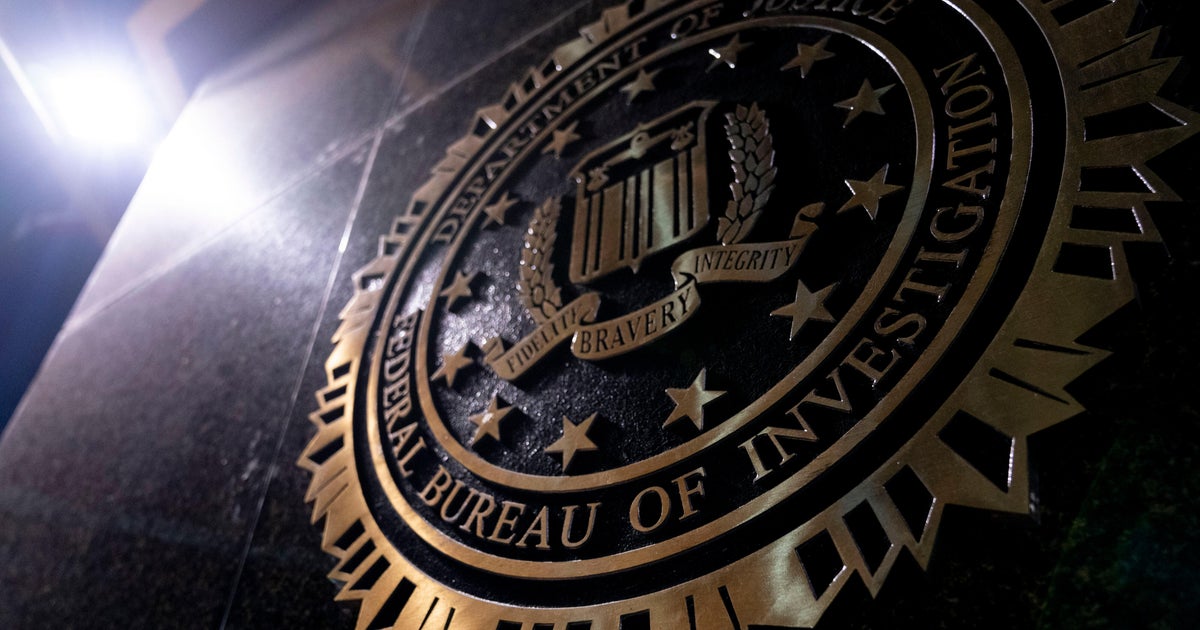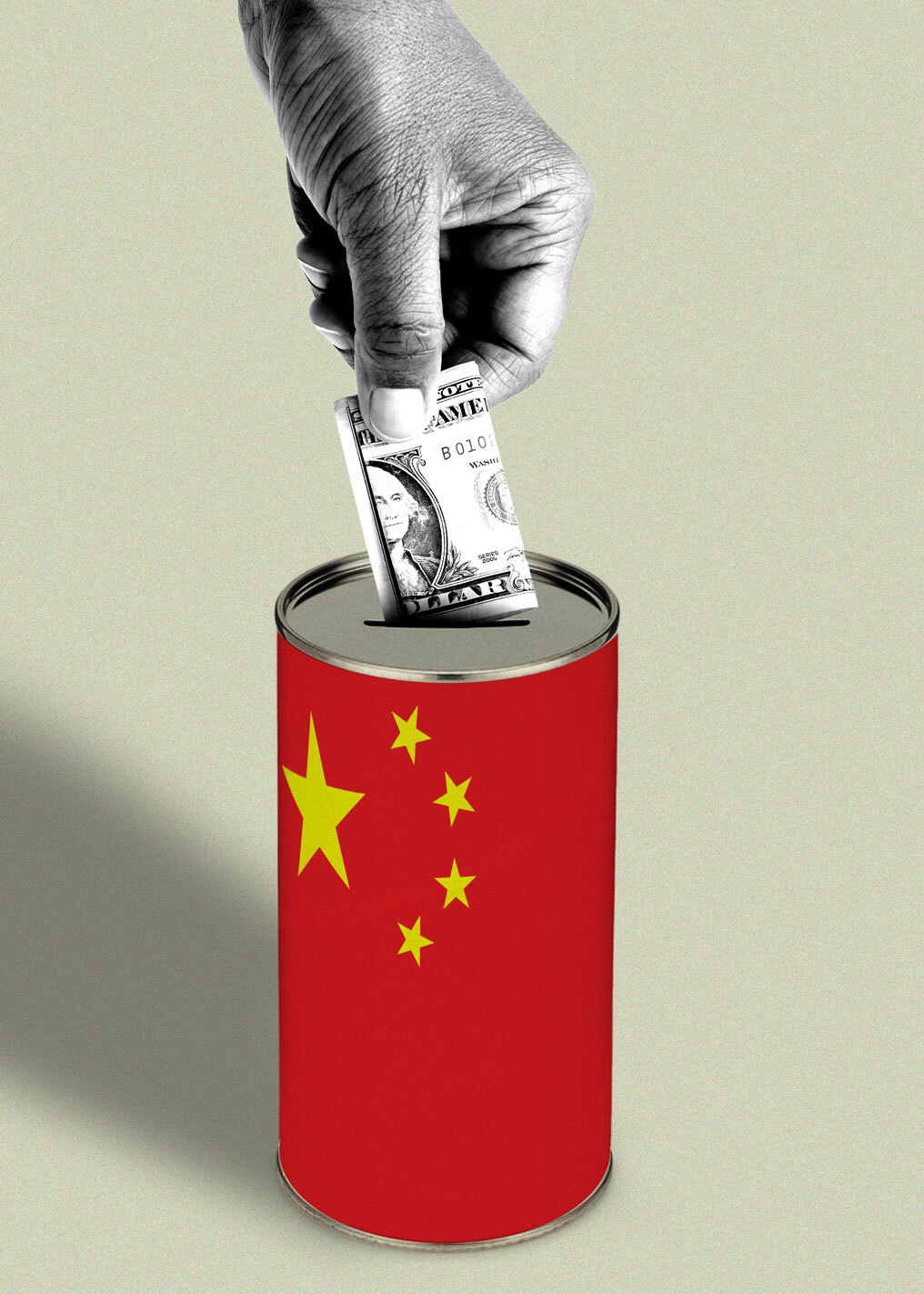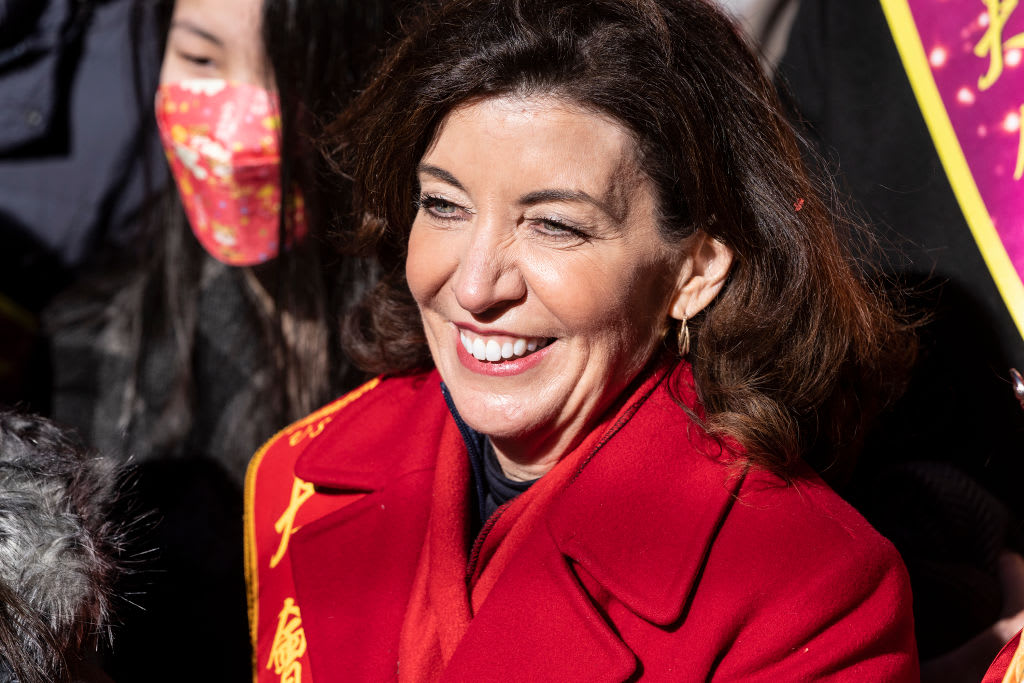India bans TikTok and dozens of other Chinese apps amid border standoff
New Delhi — With India and China locked in a standoff over a long-disputed border in the Himalayas, New Delhi has banned 59 Chinese apps, including the hugely popular video sharing platform TikTok, citing privacy and national security concerns. Without naming China, India said the ban on the apps was a, "targeted move to ensure safety and sovereignty of Indian cyberspace."
A government statement said that the apps "are engaged in activities which is prejudicial to sovereignty and integrity of India, defence of India, security of state and public order." The government accused the apps of "stealing and surreptitiously transmitting users' data in an unauthorized manner to servers which have locations outside India."
"The compilation of these data, its mining and profiling by elements hostile to national security and defence of India, which ultimately impinges upon the sovereignty and integrity of India, is a matter of very deep and immediate concern which requires emergency measures," said the statement.
Most of the banned apps were removed from online app stores in India Tuesday were no longer working on devices that already had them downloaded.
China's foreign ministry said Tuesday in a statement that it was "strongly concerned" by India's move and saying New Delhi had a, "responsibility to uphold the legitimate legal rights of investors including the Chinese companies."
Targeting TikTok
TikTok has enjoyed tremendous growth in India in recent years. The app has been downloaded over 611 million times in the country, which means, in theory, almost half the country's 1.3 billion people are on the social media platform. Indian downloads account for about 30% of TikTok's more than 2 billion total globally.
In a statement, TikTok India said the Indian government had invited the company to "respond and submit clarifications," and it denied the charge that it was sharing any information on Indian users with any foreign government anywhere, including Beijing.
"TikTok has democratized the internet by making it available in 14 Indian languages, with hundreds of millions of users, artists, story-tellers, educators and performers depending on it for their livelihood, many of whom are first time internet users," TikTok India said.
Some of India's top TikTok stars have as many as 40 million followers, including some who rose to fame in incredibly short periods. The platform has yielded rags-to-riches stories as content creators have bagged lucrative commercial promotional deals. As the app grew in popularity and India went into a strict lockdown in March to fight the spread of the coronavirus, many Bollywood stars also signed onto the platform to reach out to their fans.
This is not the first time TikTok has been banned in India. In April last year, a court in southern India banned the app over complaints that it exposed children to sexual predators, cyberbullies, and pornographic content. But the court lifted the ban in just one week, after assurances from company representatives that they had fixed loopholes.
Among the dozens of other apps banned by India on Monday are SHAREit and UC Browser. File sharing platform SHAREit is the third most active app in India after messenging service WhatsApp and Facebook, with more than 400 million downloads.
UC Browser, owned by Alibaba Group's UCWeb, is the second most used web browser in India after Google Chrome.
Other banned Chinese apps include social networking, video editing, photo editing, and e-commerce platforms, and some games and other tools. Click here to see the full list of apps banned by the Indian government.
Calls for a boycott
The ban on the apps comes two weeks after a border clash between Indian and Chinese soldiers in the Himalayan region of Ladakh, which left 20 Indian soldiers dead and dozens more injured.
Since that clash — the first deadly military confrontation between the two countries in more than 40 years — political and military leaders from both sides have held talks aimed at calming the situation, but they've also issued warnings to each other. Senior Indian and Chinese military officers met again Tuesday morning, for the third time in two weeks, but no details of the meeting were immediately released.
Indian Prime Minister Narendra Modi said Sunday that his government had given a "befitting response" to China. Amid widespread calls in the country for a boycott of Chinese products, Modi said Indians would, "buy local and be vocal for local, and this will help India become stronger."
While the government hasn't imposed any official restrictions on Chinese goods, the rhetoric is having an impact.
Indian Railways has cancelled a signalling project contract with a Chinese company, and all public companies have reportedly been asked not to issue new contracts to Chinese firms. One federal minister even called for people to boycott restaurants serving Chinese food, which is popular across India.
But in spite of the calls, China is India's second-largest trading partner after the U.S., and some analysts in the country have warned it could be difficult for New Delhi to ween a fast developing nation off Chinese goods. Almost 12% of India's imports are from China.
The two Asian giants accuse the other of starting the fracas on a high mountain pass two weeks ago by entering the other's territory.
The standoff in the Galwan Valley began about two months ago, when the two sides accused each other of incursions, leading to a troop build-up and unprecedented military construction on both sides.
The two countries share a 2,100-mile border, much of which remains disputed and without official demarcation.
